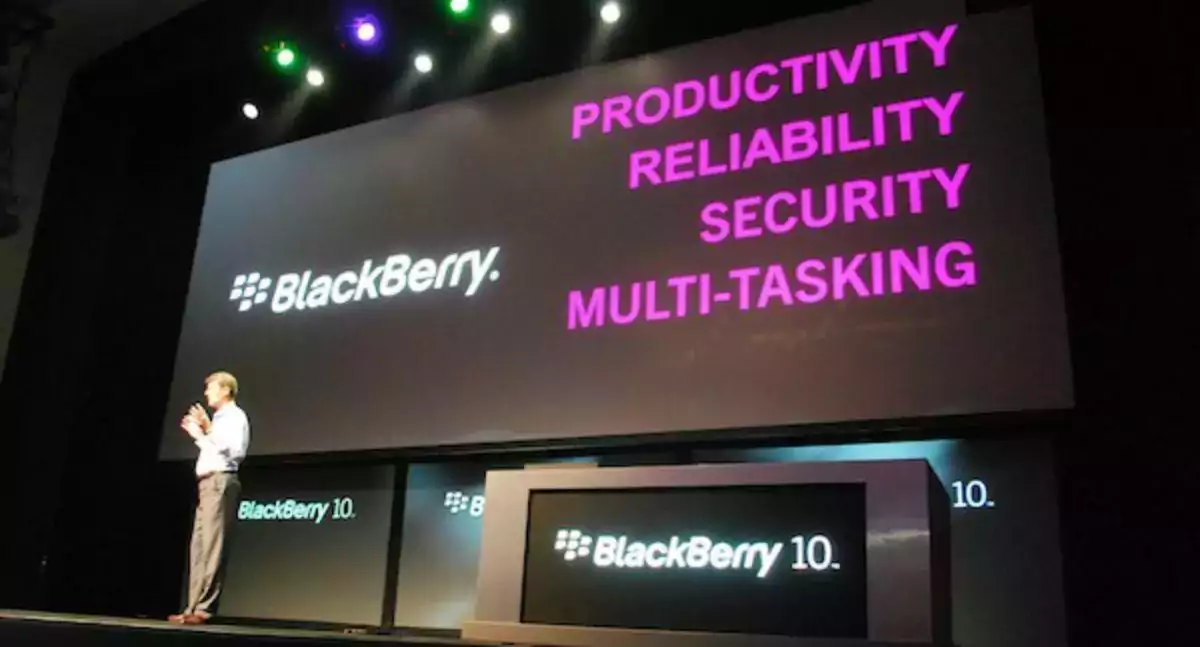Talking about significant app development in India, Annie Mathew, Director, Business Development and Alliance, BlackBerry India, pointed out that of the total number of apps, around 14,000 are from Indian vendors.
It has 40,000 registered developers, but that’s just a subset of the total number of developers as everyone doesn’t register.
Though no time frame was given when the Android runtime environment on BB10 will be updated to support Android 4.1, Blackberry will continue to support Android.
Talking about competition from other apps like WhatsApp she says,
“Whatsapp has not been and will not affect BBM. We are embracing a lot of open source communities and open technologies. We are supporting Android and iOS on BES 10. It shows our confidence and we’re not worried about other technologies. We are standing on many pillars of strength.
Whatsapp serves its purpose to message in the BYOD (bring your own device) environment, but BBM is unique because of its functions and we will be taking BBM to a new level, not just chat. “
Talking about BB10’s multimedia experience, and BlackBerry’s big revenue plans from mobile gaming, Annie said,
“The BB10 is an awesome for platform for gamers. A lot of gamers have been loving the platform. In fact, in the early days we had shared the beta version of the platform with game developers and gamers. While earlier they would have spent two-three months on a BlackBerry device, it is now become easier and they have responded within two to three weeks. Developing games has become easier with cascade and support for C and C++. Moreover, they are also making money. Games remain the biggest category along with utility and productivity apps, and the largest pie out of the paid applications.â€Â
However, she further tells us that games form the bigger segment of the revenue, but more so for developers. The revenue share is 30 percent for BlackBerry and 70 percent for developers.
BlackBerry is banking on the Bring Your Own device (BYOD) culture. While everyone walks in with their own devices, device management could get difficult for the organisation/firm to keep a tab on who gets what access rights and so on. Blackberry has introduced its BES 10 (Blackberry Enterprise Server) for other platforms. A lot of business executives have moved onto the other platforms like Android and iOS. With BES 10, the kind of device management which was possible on BB is also being employed on iOS and Android.
Mathew says, “BES 10 is a big boon to IT managers. It is a space which is uniquely owned by us and there is no other company offering such end-to-end platform. We come from BB enterprise services and we have years of experience in device management. We are strong in this area because we are an end-to-end platform and not just a mobile OS. A lot of other players started with mobile OS and now are trying to see how to help enterprise. The traditional strengths that we have in enterprise is uniquely positioned. We are more open now, embracing a lot more technology. BYOD is the policy in most of the organisations and so we will help managers plan better and bring our device management capability to the table.“
[signoff predefined=”Enjoy this?” icon=”icon-users”][/signoff]



